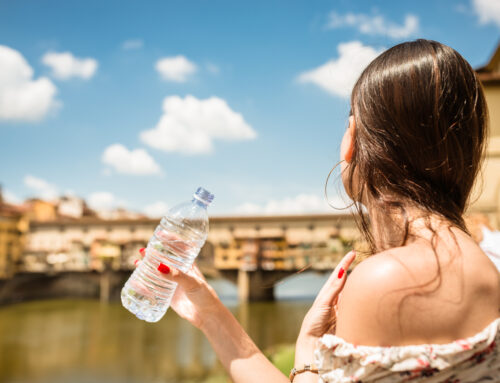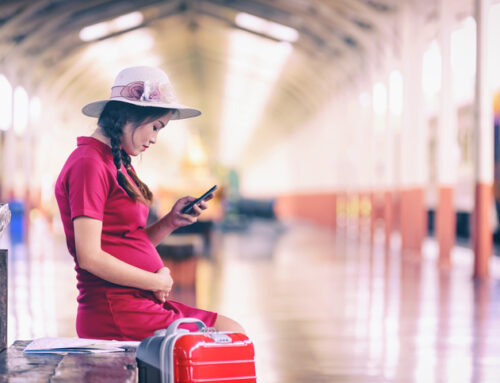Water-borne diseases
It’s a water-borne disease if you can get it from fresh water. Drinking, washing, swimming, and preparing or consuming meals can all expose you to disease-causing germs. But your travel vaccines will offer protection against some water-borne diseases like hepatitis A and polio; and you can take a few simple steps to protect yourself from others.
What water-borne diseases might travellers be exposed to?
Some water-borne diseases that affect travellers are viral in nature, such as:
- hepatitis A
- hepatitis E
- polio
Bacteria cause other water-borne ailments. These are some examples:
- campylobacteriosis
- cholera
- Typhoid and salmonella poisoning
Other GI disorders, such as cryptosporidiosis, schistosomiasis, and giardia, are caused by parasites and cannot be prevented by travel vaccines.
Some of these water-borne infections, such as typhoid and cholera, are potentially lethal, while others might be difficult to treat and can make you ill for a long time.
Learn about safe drinking water.
We are really fortunate in the United Kingdom to have high-quality tap water. However, in many areas, tap water must be treated before it may be consumed. Find out about whether the water at your destination is safe to drink before you go by asking your travel agent or by checking the country information on Travel Health Pro.
Plan how you will obtain safe drinking water.
If you know the water at your location is unsafe to drink, you should plan ahead of time how you will obtain drinking water. Bring your own water bottle with you so you can drink safe water wherever you go.
Water in factory-sealed bottles is generally safe to drink; nevertheless, plastic bottles are a major cause of litter, so be mindful of how you dispose of your empties.
Purification of water can be enticing, especially if you are travelling to rural locations. There are numerous approaches to purifying water so it safe to drink. You can bring it to a rolling boil; or use a chemical treatment, a filter or a UV light device.
Visit NHS Fit for Travel to learn more about various water purification procedures and the equipment required for each. Camping stores sell water sterilisation equipment, and pharmacies sell water sterilisation tablets.
Use safe water for cleaning your teeth
Remember to use safe water while brushing your teeth and to keep your mouth closed while showering.
Ice is a bad idea for travellers
Because freezing does not eliminate bacteria, ice cubes may contain the pathogens that cause water-borne diseases. It’s recommended to consume your drink at room temperature unless you know the ice at the bar was prepared with bottled or filtered water. Bottled drinks that have been refrigerated are, of course, okay.
Where are you going to swim?
Remember that swimming might expose you to parasites, viruses, and bacteria. Giardia and schistosomiasis are just two of the disorders associated with freshwater swimming. Seek local guidance on where to swim and obey ‘no swimming’ signs. When you do discover a safe swimming place, avoid inhaling or ingesting water.
Get your travel vaccines to protect yourself from water-borne diseases
It is tempting to believe that you may avoid the pathogens that cause water-borne diseases by avoiding contact with contaminated water, but this is more difficult than it appears!
Travel vaccines for overseas travel are required for complete peace of mind and the best level of protection. These shots provide immunisations against a variety of water-borne infections, as well as food-borne diseases which are also difficult to avoid. Inquire with a travel health professional at NX Healthcare about typhoid, hepatitis A, cholera, and polio vaccinations.




